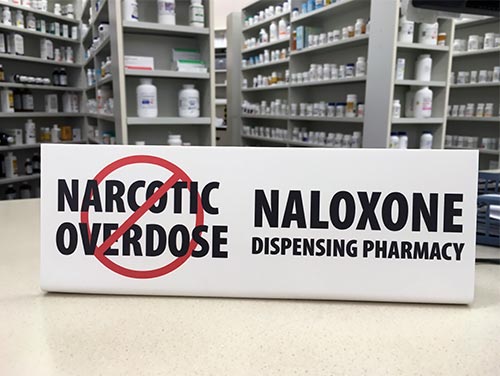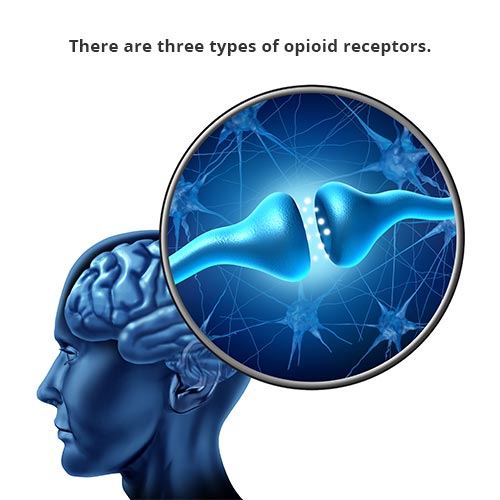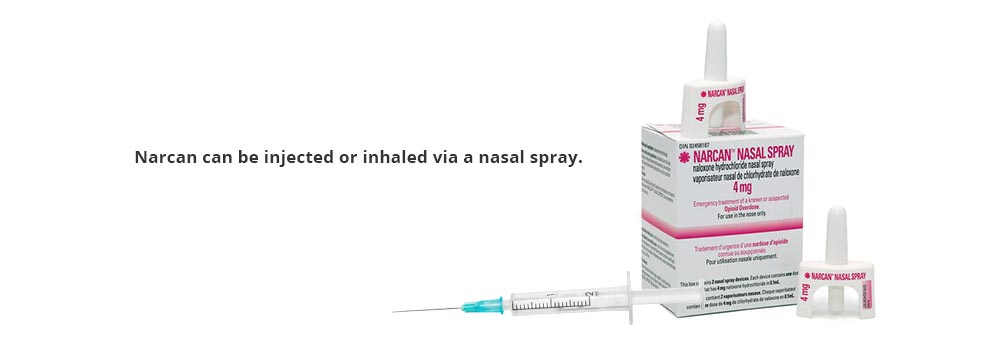The Opiate Crisis, Narcan, and Your Independent Pharmacist
Narcan and Your Independent Pharmacist
It’s no secret that our nation is in the throes of an opiate crisis, and Kentucky is no stranger to it. Your local independent pharmacists want to help and are doing their part by educating patients and providing Narcan, also known as Naloxone, to first responders.

What Drugs Are Opioids?
Some opioids are well known, others less so. But their dangers are the same and they all contribute to the opiate crisis due to their high risk of addiction and overdose. The following is a short list of opioid medications by their generic and/or brand names:

- Morphine
- Codeine
- Tramadol
- Oxycodone
- Hydrocodone
- Vicodin
- Percoset
- Heroin
- Fentanyl
- Methadone
Where Does Addiction Begin?
Many assume that opioid addicts are taking a medication that isn’t prescribed to them and looking for a high. The opioid crisis didn’t begin that way and addiction doesn’t usually start there. Falling into opioid addiction can be as easy as having dental work and getting a prescription to manage your pain. It can happen to anyone, young, middle-aged, elderly. Opioid addiction does not discriminate.
In fact, not all instances where Narcan, the lifesaving drug (generic name Naloxone), is given are due to addiction. A person can accidentally take the wrong dosage of their prescribed opioid medication and need Narcan to save them from overdose.
How Do Opioids Work?
The dangers of opioids begin with how they work and can end in tragedy. Opioids attach to parts of nerve cells called opioid receptors. There are three types of opioid receptors (mu, delta, and kappa) and each one plays a different role. Opioids work along several areas of the brain and nervous system including:

- The limbic system: The limbic system controls emotions. When attached to the limbic system opioids create sensations of pleasure, relaxation, and contentment. The body becomes addicted as this area is stimulated by creating a desire for more of what stimulates it. Eventually, the body will need more of the opioid to create the same effects (further increasing the dangers and in turn establishing addiction).
- The spinal cord: This area receives sensations from the body, in turn, sending them to the brain. This is where opioids decrease feelings of pain.
- The brainstem: This is where the dangers really come in. The brainstem regulates the things your body does automatically, like breathing. Opioids slow breathing, stop coughing and reduce feelings of pain.
When a person takes an opioid their breathing slows. When they take too much the part of their brain that tells them to breathe can actually stop working. That’s where Narcan can help.
How Does Narcan Work?
Narcan can be injected or inhaled via a nasal spray. It works instantly (evidence of breathing is not required). Naloxone, the active ingredient in Narcan binds to the same receptors of the brain that opioids do. It typically reverses the effects of opioids in as little as 2 to 3 minutes.

How Independent Pharmacies Help
Independent pharmacies have the freedom to treat patients and loved ones with respect and dignity. Naloxone is a lifesaving product they offer to first responders and caregivers. Many medical professionals already carry Narcan, including pharmacists, doctors, nurses, first responders, and caregivers. If you’re prescribed an opioid you may consider requesting a prescription for Narcan as well. Not every opioid-related breathing incident is due to addiction, sometimes it’s accidental dosing. Having Narcan on hand could save a life.
https://teens.drugabuse.gov/teachers/mind-over-matter/opioids/how-do-opioids-work
https://www.narcan.com/faqs